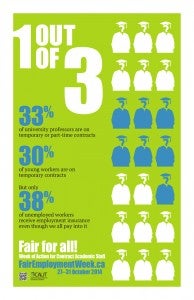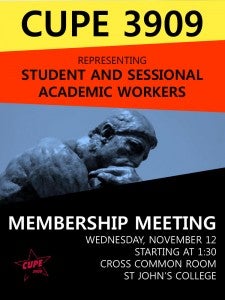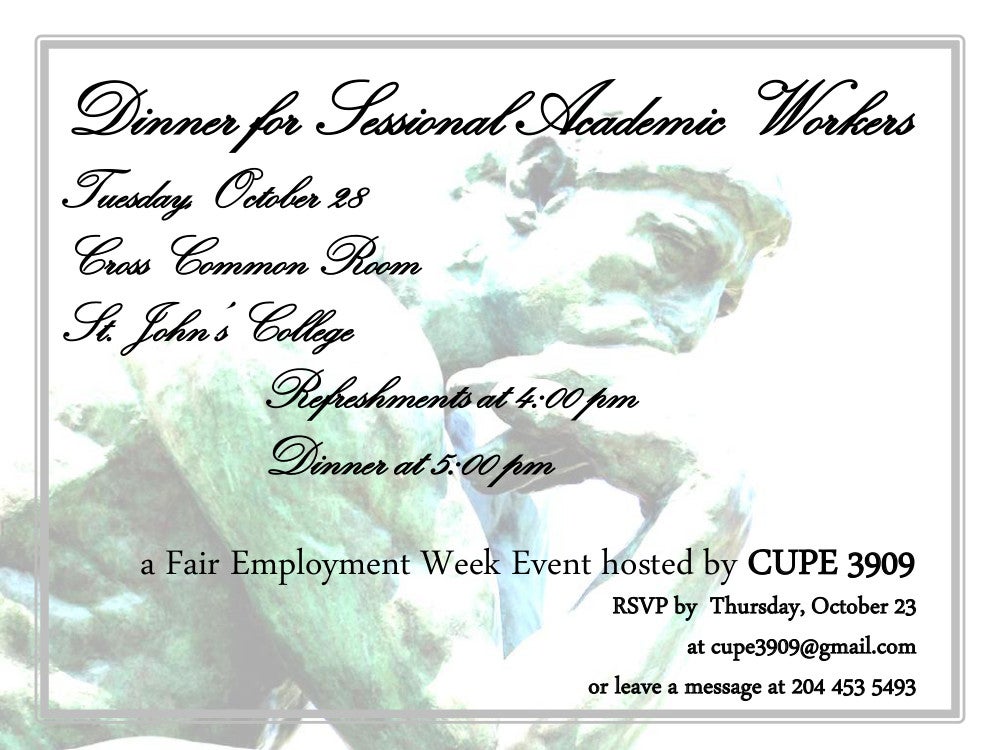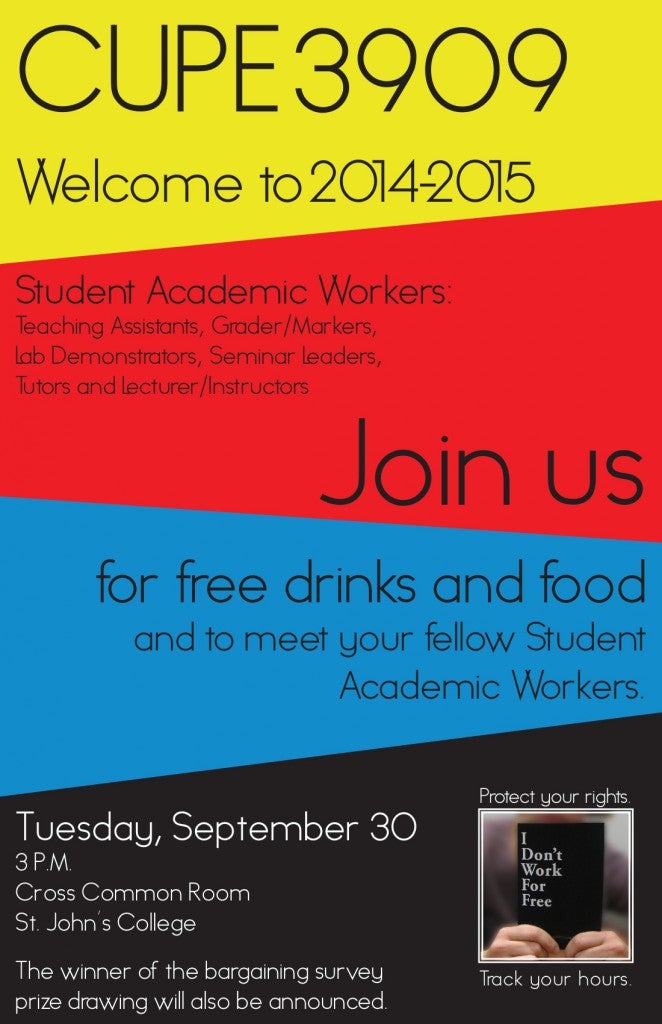The Specter of Authoritarianism and the Future of the Left: An Interview With Henry A. Giroux
Henry Giroux, author of “Pedagogy of the Oppressed” and one of the founding theorists of critical pedagogy, was interviewed recently by CJ Polychroniou of “Truthout”. As part of the discussion, Giroux spoke about the impact felt at universities that are increasingly turning toward corporate management models and marketization.
“The increasing corporatization of higher education poses a dire threat to its role as a democratic public sphere and a vital site where students can learn to address important social issues, be self-reflective and learn the knowledge, values and ideas central to deepening and expanding the capacities they need to be engaged and critical agents. Under neoliberalism, higher education is dangerous because it has the potential to educate young people to think critically and learn how to hold power accountable. Unfortunately, with the rise of the corporate university which now defines all aspects of governing, curriculum, financial matters and a host of other academic policies, education is now largely about training, creating an elite class of managers, and eviscerating those forms of knowledge that conjure up what might be considered dangerous forms of moral witnessing and collective political action.
Any subject or mode of knowledge that does not serve the instrumental needs of capital is rendered disposable, suggesting that the only value of any worth is exchange value; the only pedagogical practice of any value must be reduced to a commercial transaction. The corporate university is the ultimate expression of a disimagination machine, which employs a top-down authoritarian style of power, mimics a business culture, infantilizes students by treating them as consumers, and depoliticizes faculty by removing them from all forms of governance. As William Boardman argues, the destruction of higher education “by the forces of commerce and authoritarian politics is a sad illustration of how the democratic ethos (educate everyone to their capacity, for free) has given way to exploitation (turning students into a profit center that has the serendipitous benefit of feeding inequality).”
Particularly disturbing here is the corporate university’s attempt to wage a war on higher education by reducing the overwhelming number of faculty to part-time help with no power, benefits or security. Many part-time and non-tenured faculty in the United States qualify for food stamps and are living slightly above the poverty level. The slow death of the university as a center of critique, a fundamental source of civic education and a crucial public good make available the fundamental framework for the emergence of a formative culture that produces and legitimates an authoritarian society. The corporatization of higher education constitutes a serious strike against democracy and gives rise to the kind of thoughtlessness that Hanna Arendt believed was at the core of totalitarianism.
Read the full interview here.
Henry Giroux is currently the Director of the McMaster Centre for Research in the Public Interest and Distinguished Visiting Professor at Ryerson University.
 On October 28 CUPE 3909 held a dinner for Sessional Academic Workers in appreciation of their contribution to the University of Manitoba and as part of Fair Employment Week. Fair Employment Week is an initiative of the Canadian Association of University Teachers (CAUT), and is a week designated to remember that all academic work must be fairly supported, validated, and remunerated.
On October 28 CUPE 3909 held a dinner for Sessional Academic Workers in appreciation of their contribution to the University of Manitoba and as part of Fair Employment Week. Fair Employment Week is an initiative of the Canadian Association of University Teachers (CAUT), and is a week designated to remember that all academic work must be fairly supported, validated, and remunerated.



